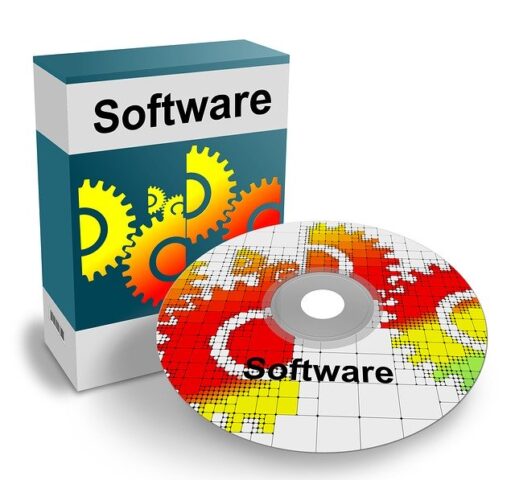Free speaks everyone’s language! And Free open-source software applications freely available on the Internet can save you thousands of dollars. Free open-source software applications consist of a host of different types of applications offered throughout the Internet.
You can find just about any type of free alternative application to commercial brands you need to operate your business more efficiently. Everything from website building applications to desktop applications to a host of other applications you can use for small business productivity.
The whole idea of free open-source software is to produce comparable software without the expense. The benefits of using Free Open Source Software can include decreasing software costs, increasing security and stability (especially in regard to malware), protecting privacy, and giving users more control over their own hardware. Utilizing free internet software and applications can enable anyone and everyone, the same opportunity to start a high-profit potential business on the Internet, starting on only a shoestring budget!
FREE OPEN-SOURCE VS COMMERCIAL SOFTWARE
Open Source software has gained a reputation for reliability, efficiency, functionality that has surprised many people in the software engineering world. Open source means choice and freedom not to mention how much money you can save over commercial brands. Proprietary software is software that is owned by an individual or a company (usually the one that developed it) like Microsoft. There are almost always major restrictions on its use, it can be expensive and is under restrictive copyright and the source code is usually hidden from the users.
The difference between free software created by the open-source communities and commercial software sold by vendors is support.
Open-source software projects have different support options. Open-source support is available through the developer’s forums and is one of the biggest arguments or complaints people have against open source programs, the lack of support due to some questions going unanswered or the long wait for answers!

FREE SOFTWARE LICENSE
A free software license is a notice that grants the recipient of a piece of software extensive rights to modify and redistribute that software. These actions are usually prohibited by copyright law, but the rights-holder (usually the author) of a piece of software can remove these restrictions by accompanying the software with a software license that grants the recipient these rights.
Software using such a license is free software as conferred by the copyright holder. Free software licenses are applied to software in source code as also binary object code form, as the copyright law recognizes both forms.
Some free software licenses include “copyleft” provisions which require all future versions to also be distributed with these freedoms. Other, “permissive”, free software licenses are usually just a few lines containing the grant of rights and a disclaimer of warranty, thus also allowing distributors to add restrictions for further recipients.
While historically the most widely used FOSS license has been the GNU General Public GNU v2, in 2015 according to Black Duck Software. The benefits of using FOSS can include decreasing software costs, increasing security and stability (especially in regard to malware), and protecting privacy. Free software licenses and open-source licenses are used by many software packages.
Free, open-source operating systems such as Linux and descendants of BSD are widely utilized today, powering millions of servers, desktops, smartphones (e.g. Android), and other devices. For the most part, open-source software in most cases is freely available software that anyone can use. Free and open-source software (FOSS) is computer software that can be classified as both free software and open-source software.
Anyone is freely licensed to use, copy, study, and change the software in any way, and the source code is openly shared so that people are encouraged to voluntarily improve the design of the software.
